

The Bible tells us Jesus’ three years of ministry were mainly funded by the support of three women: “Mary, called Magdalene, from whom seven demons had gone out, and Joanna, the wife of Chuza, Herod’s household manager, and Susanna and many others, who provided for them out of their means.”
Luke 8:2-3
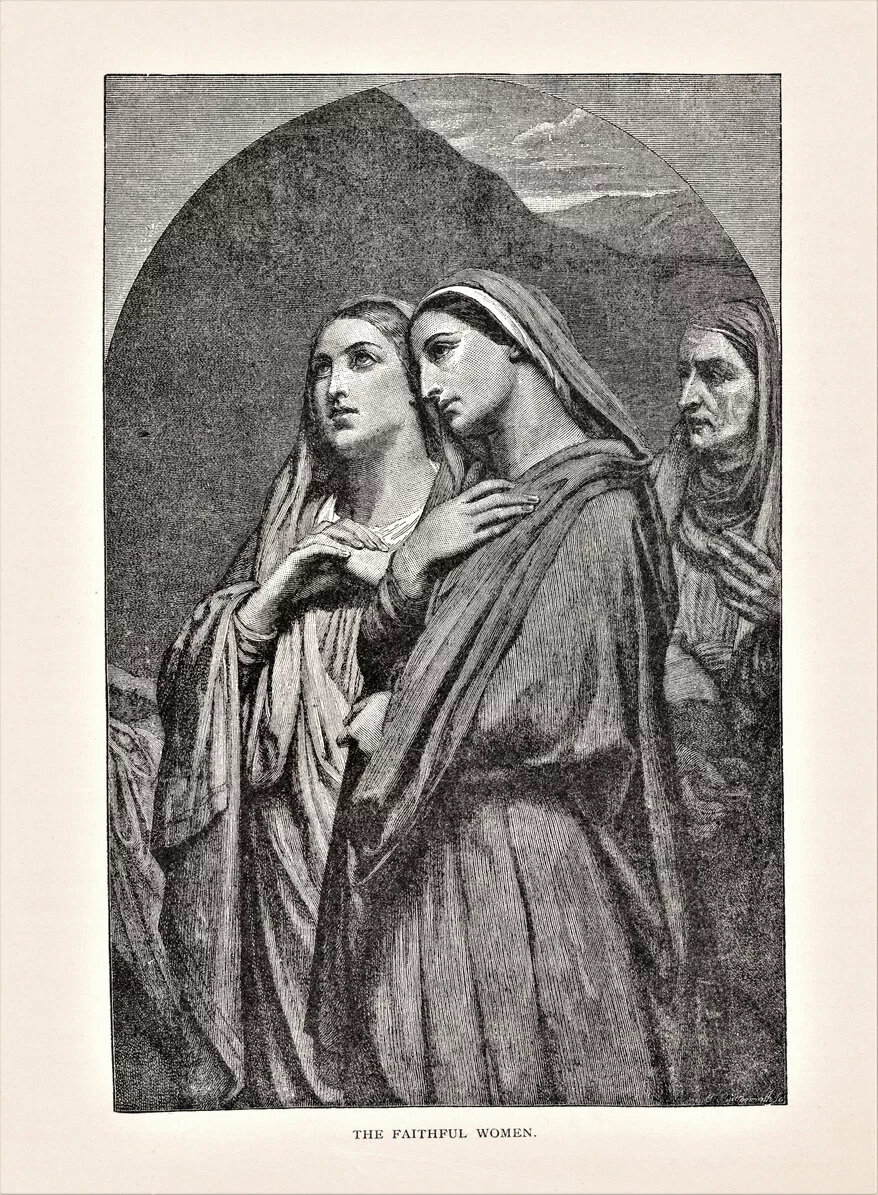
The apostle Paul found support for his ministry from a generous woman: “I commend to you our sister Phoebe, a servant of the church at Cenchreae, that you may welcome her in the Lord in a way worthy of the saints, and help her in whatever she may need from you, for she has been a patron of many and of myself as well.”
Romans 16:1-2
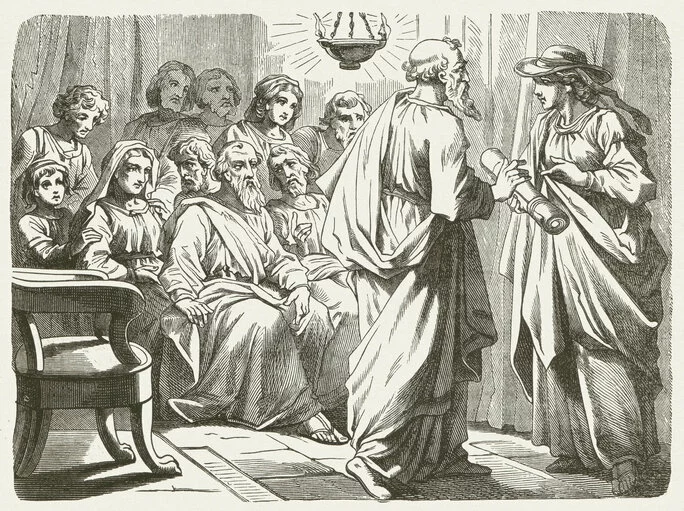

We have the Bible in English today because God raised up a young scholar named William Tyndale to translate it and a wealthy cloth merchant named Humphrey Monmouth to fund it. In 1526, they printed the first 3,000 English New Testaments and smuggled them back into England.

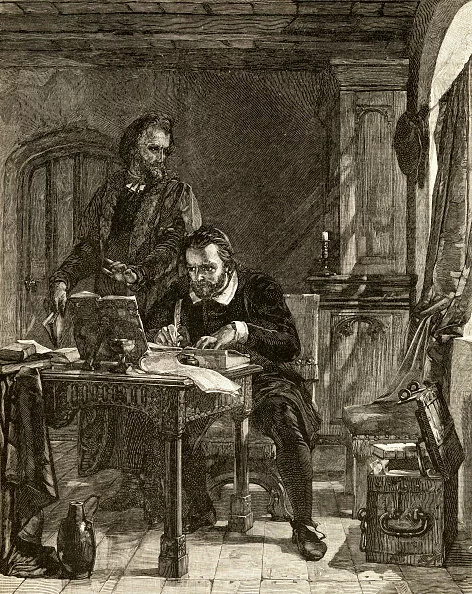

Behind the Great Awakening in the 18th century was a wealthy aristocratic lady who partnered with England’s greatest evangelist. Lady Huntingdon provided a platform for Whitefield to speak to the influencers of their day as well as the funding to proclaim Jesus to millions across England and America.
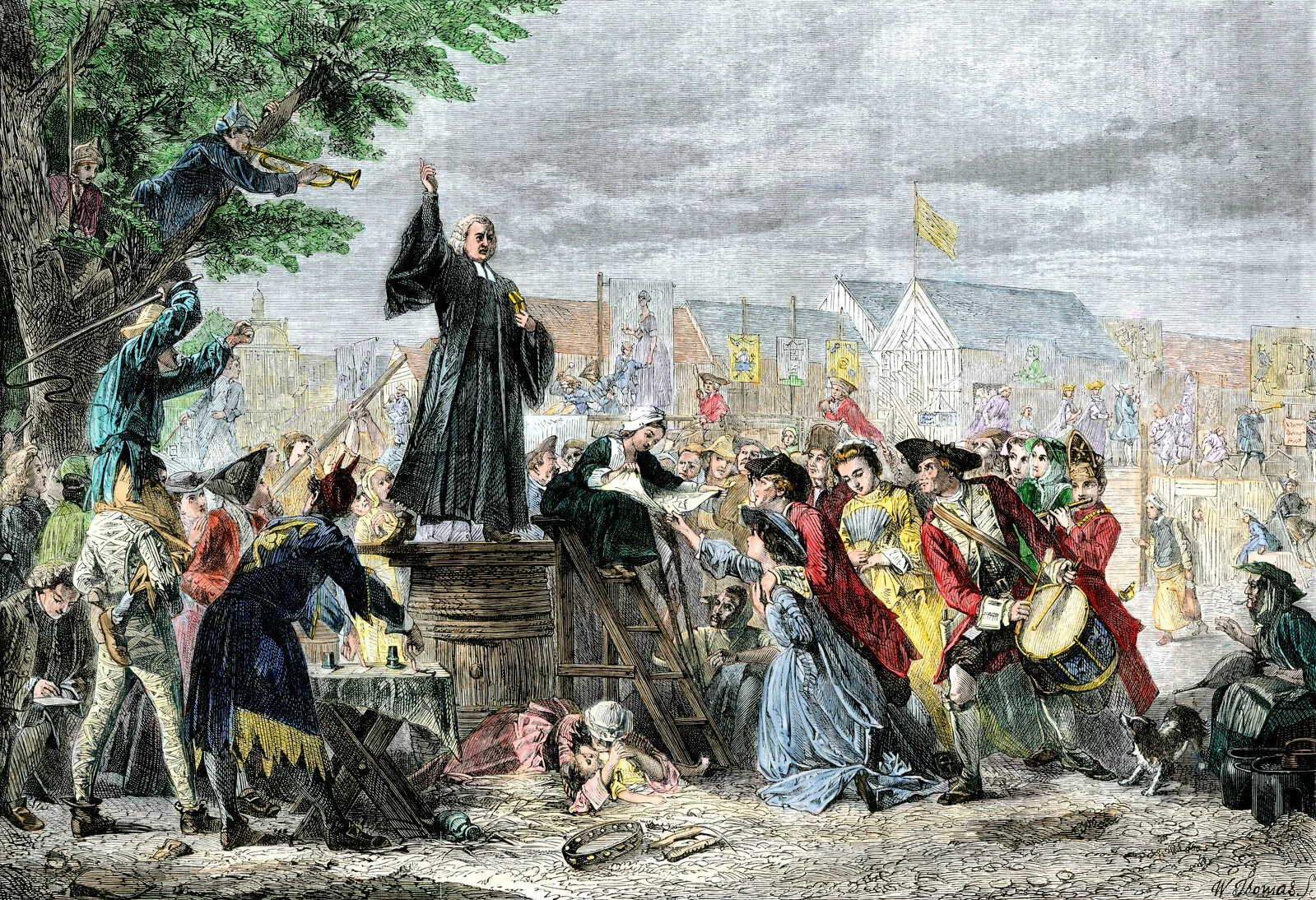
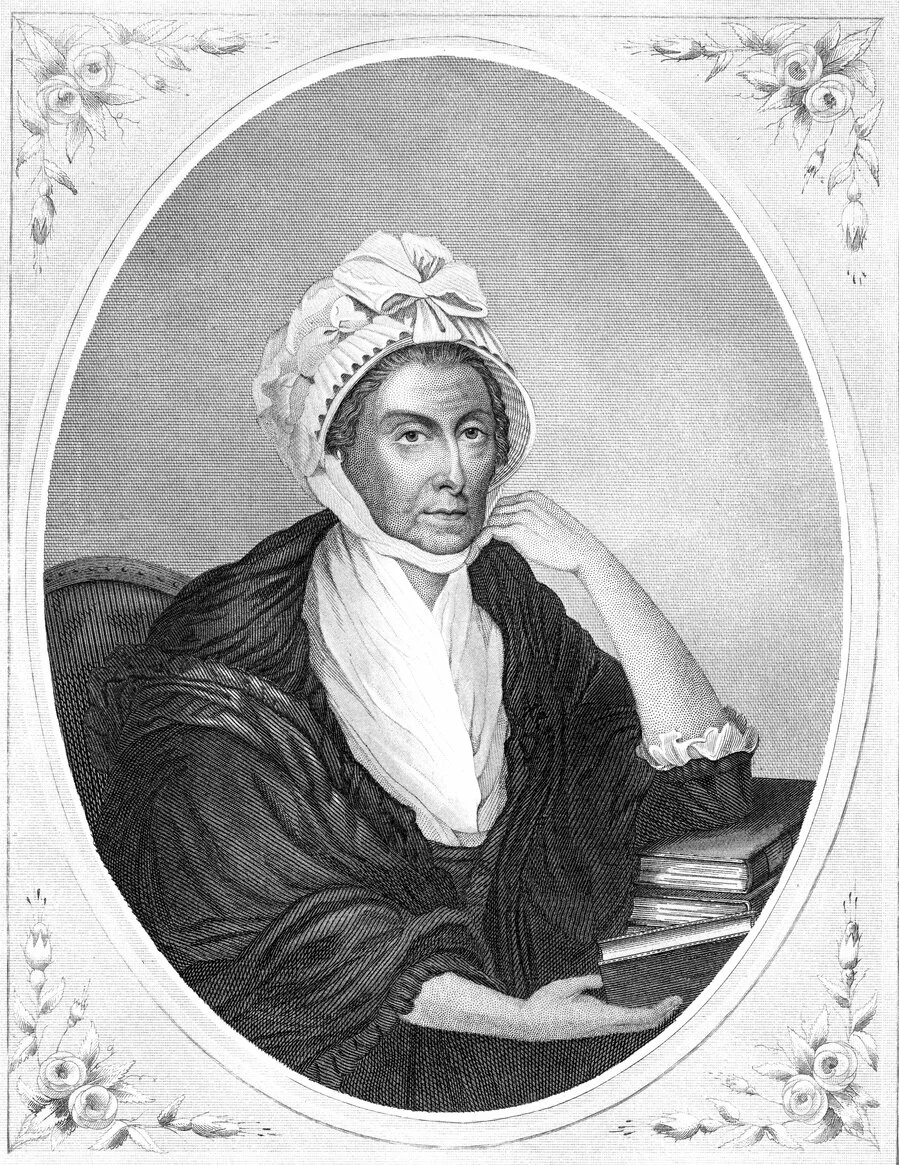


We’re still singing “Amazing Grace” today, but few have heard the story of the wealthy British businessman who made it happen. John Thornton pursued a friendship with John Newton, funded his ministry in London, and paid for his hymns to reach the world.
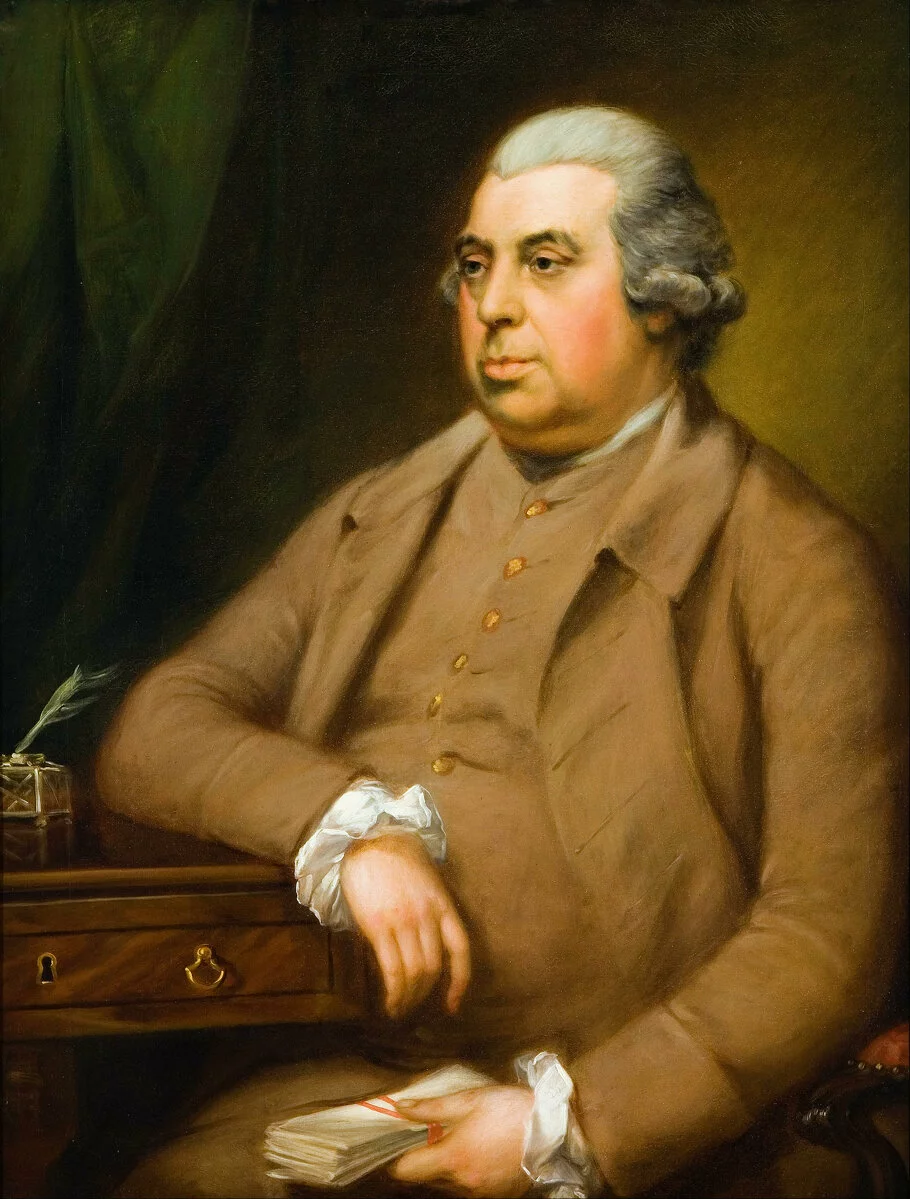

After meeting a British businessman, John Rinehart was inspired to research the stories of Christian business leaders who were strategically engaged in great movements of God. His dedicated work was funded by a Gospel Patron from his church and together they launched the book Gospel Patrons into the world.

Thousands of books sold and invitations began to swell for John Rinehart to speak at events and conferences. God was using this message to powerfully touch people’s lives around the world, and it was time to build a team of people to carry this message in fresh ways. Thus, the ministry of Gospel Patrons was born.

“For the Lord God is a sun and a shield; the Lord bestows favor and honor. No good thing does he withhold from those who walk uprightly.”
Psalm 84:11
Behind great movements of God stand a few generous men and women called Gospel Patrons. These books tell stories about business leaders who were behind the scenes fueling amazing works of God.
Gospel Patrons is an invitation to believe that God is not done writing history, and he’s prepared a part for you to play.

John Rinehart, Author of Gospel Patrons
185
5¾″ x 8¾″
Finch Fine Soft White
English
978-1-4675-9398-4






Have you ever wondered how your gifts as a business person fit within God’s kingdom?
We’ve interviewed a variety of successful business leaders and found you’re not alone. Called to Business is a 12-part video series we created to help you:
Hear from other leaders who are learning to step into the calling of a Gospel Patron.




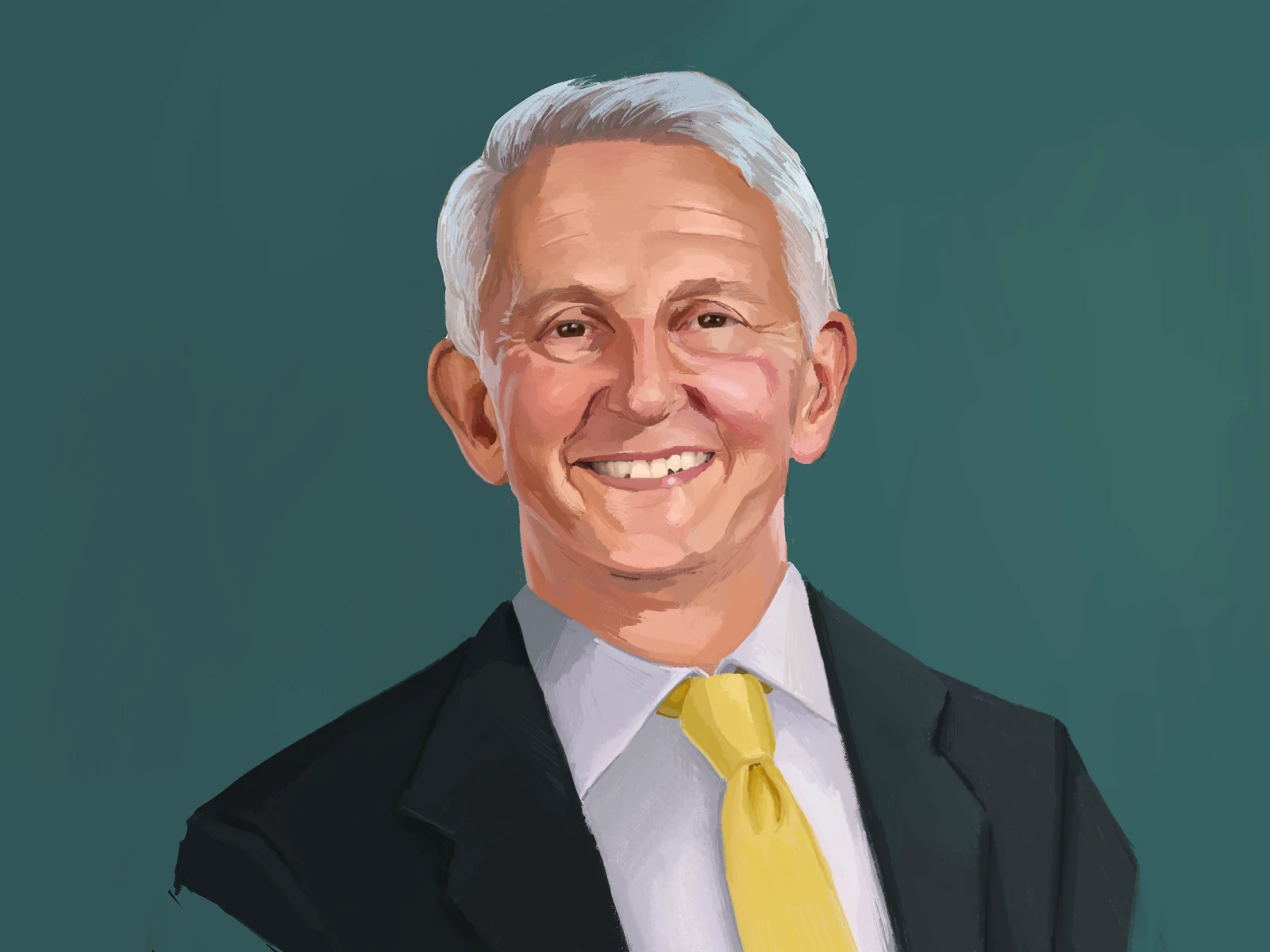





Pension Consultant
Inheritor
Real Estate Developer
Entrepreneur
Private Equity Partner
Pension Consultant
Inheritor
Real Estate Developer
Entrepreneur
Private Equity Partner

Pension Consultant

Inheritor

Real Estate Developer

Entrepreneur
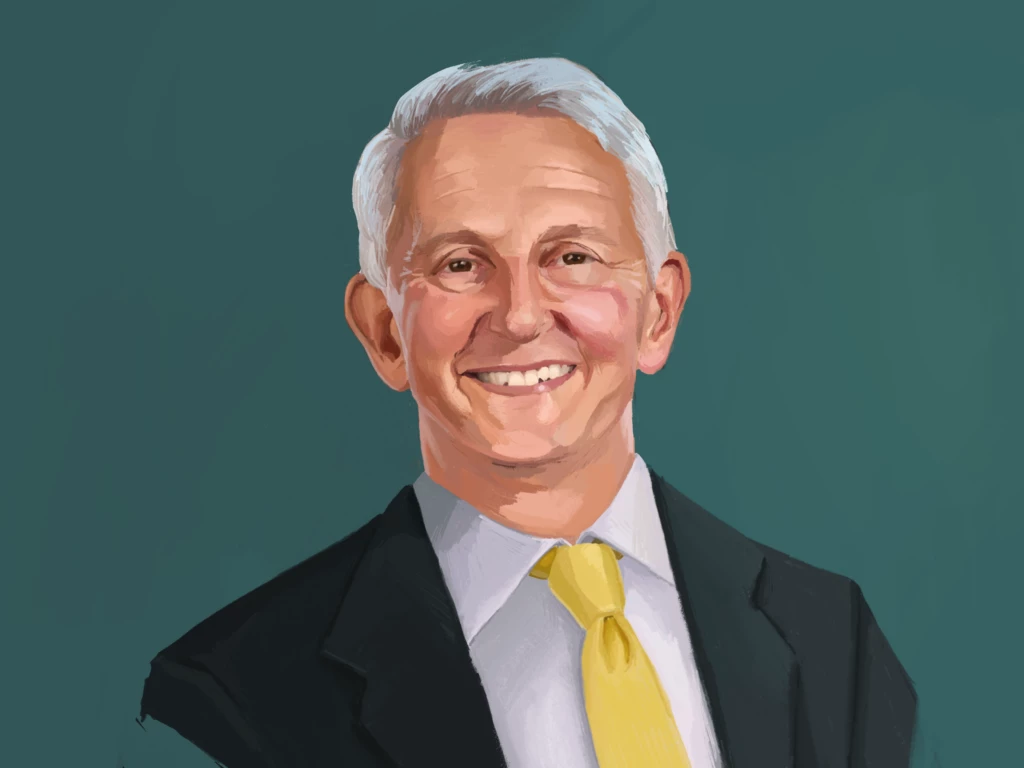
Private Equity Partner
Watch short films and interviews produced by Gospel Patrons along with messages from our founder, John Rinehart.

